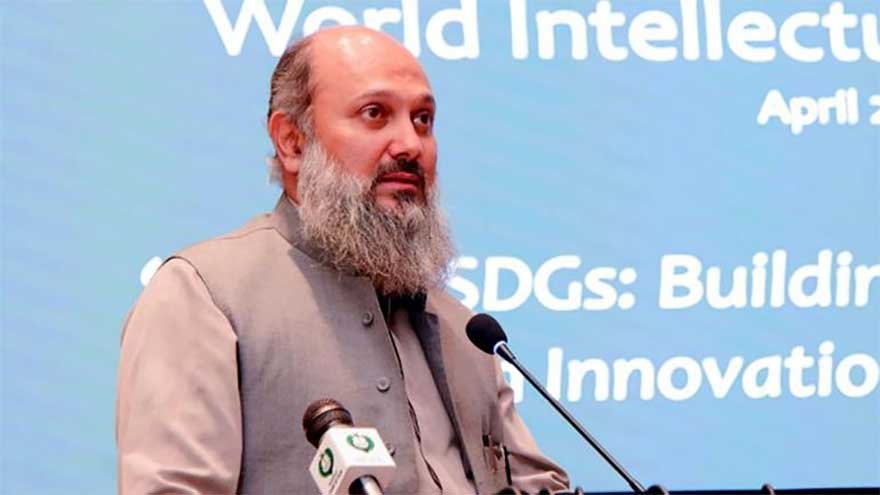Commerce minister outlines roadmap to $60bn exports
Business
This is not a theoretical plan—it’s rooted in economic realities
(Web Desk) - Federal Minister for Commerce Jam Kamal Khan on Tuesday laid out an ambitious roadmap aimed at achieving $60 billion in exports by 2030, asserting that the target stems from meticulous planning, institutional reform, and deep private sector engagement—not wishful thinking.
Speaking in the National Assembly during the wind-up of the cut motion debate, the minister said that the Strategic Trade Policy Framework (STPF) 2024–30 is the result of extensive consultation with 17 sectoral councils and coordination between federal and provincial officials.
“We examined the challenges each sector faces, introduced legal and institutional reforms, and developed a realistic, step-by-step export strategy,” he said.
Rejecting criticism that the export framework was developed in isolation, Kamal emphasised that the policy is grounded in data-driven analysis of global trade trends and domestic industrial constraints.
“This is not a theoretical plan—it’s rooted in economic realities and designed to deliver measurable outcomes,” he stated.
He noted that the private sector played a central role in the process. “We tackled issues like high production costs, inconsistent tax policies, and monetary imbalances to make the business climate more investment-friendly,” he explained.
Kamal also announced a revamp in Pakistan’s trade diplomacy. The country’s commercial attachés have now been rebranded as Trade and Investment Officers (TIOs) and selected through a competitive, private-sector–inclusive process.
A new Electronic Trade Analysis Portal has been launched, enabling these officers to submit real-time reports on outreach and investment potential. Their performance will be evaluated daily, weekly, and monthly through strict KPIs and Terms of Reference.
“Our new export architecture is not built on paperwork—it’s based on transparency, accountability, and execution,” he said.
On performance metrics, Kamal highlighted that Basmati rice exports hit a five-year high of $3.3 billion despite aggressive price cuts by Indian competitors reentering the market.
He also clarified that Pakistan’s total exports currently stand closer to $30 billion, pushing back against lower estimates circulating in public discourse.
He further announced that TIO postings are now determined entirely on merit, with appointments to critical global markets based on capability rather than favoritism. A second online portal has been created to monitor their activities, reinforcing oversight and accountability.
Among institutional reforms, the minister revealed the creation of Pakistan’s first National Compliance Council, which will help exporters—especially SMEs—meet evolving international standards. A dedicated head has already been appointed, and training is underway.



